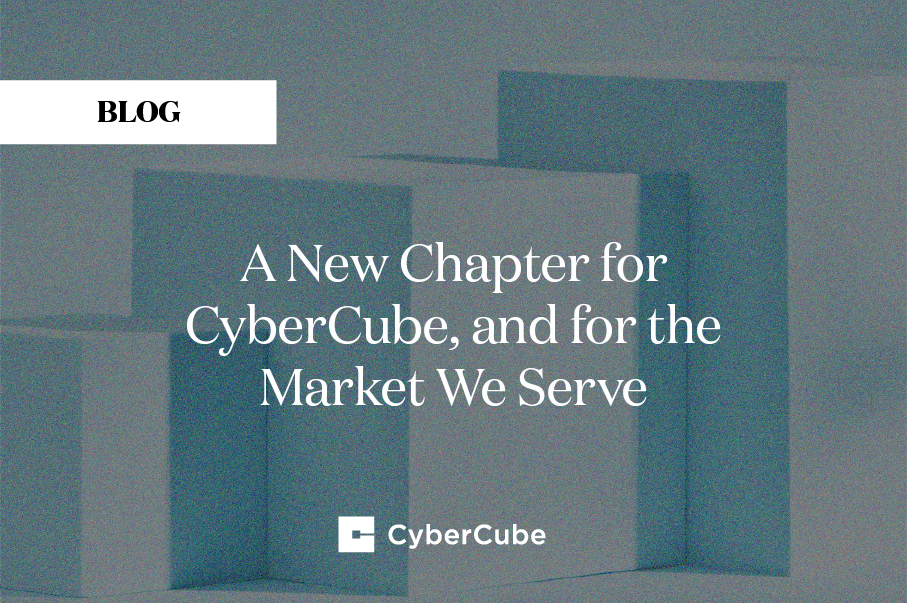In the years that follow this global pandemic, we’ll recall how, by forcing us physically apart, the virus reminded us of the value of human contact. It’s been reported that over one-third of the world’s population is living in some sort of lockdown, some in family units, some with friends, some alone. It’s unprecedented in human history on this global scale.
This isolation is responsible for many changes in our society. Communities have coalesced around the elderly and the vulnerable. Families have struggled with childcare. Unique challenges have emerged with physical and mental health. And we’ve all had time to re-evaluate the importance of the roles played by health workers, store clerks, refuse collectors and truck drivers.
But one important change is that COVID-19 has accelerated the development of our online lives by years. We’ve all seen examples of people using video conferencing for the first time. A 99-year-old British war veteran used social media to raise millions of pounds for his country’s National Health Service. Business executives have begun to wonder just how many desks will be needed in the office when something resembling normality resumes. Personally, I have connected with uncles, aunts and cousins across the world that I haven’t spoken to since childhood.
Recently, a New York Times analysis of internet usage showed a huge 79% plus increase in the use of social networking app Houseparty. Video conferencing tool Zoom increased its daily downloads from the iOS app store from two million to over six million. Hit hard by forced closures, SMEs have moved online in droves. Online education is booming like never before. The value of the e-learning sector is estimated to jump to USD 300 billion by 2025, up from USD 190 billion in 2018, according to the research firm Global Market Insights.
At CyberCube, we spend a lot of our time thinking about viruses and how to defeat them. How ironic, then, that right now there’s little we can do to defeat COVID-19. Our expertise lies in the world of cyber threats and the risks they pose to the insurance industry, businesses and the economy – so that’s where we’ll try to help.
The recent adoption of online and connected technologies as a result of COVID-19 increases our society’s exposure to cyber threats and is a reminder of how important internet connectivity is to the functioning of the global economy. This includes healthcare organizations, who must also use email, video conferencing and internet-connected devices. There’s already been an increase in the frequency of email and web-based phishing scams, which are using social engineering techniques to take advantage of fear and uncertainty, as has been pointed out by Darren Thomson, CyberCube’s Head of Cyber Security Strategy. These techniques encourage targeted individuals to open attachments or click on URLs that then infect computer systems with malicious content. You would hope, organized criminals and hackers would stop targeting hospitals, at a time when the world is depending on the medical profession. Sadly, they have not.
We also believe that we can make cyberspace safer for everyone if the insurance industry can come together to set standards for controlled growth as they have with other industrial or societal innovations in previous decades and centuries. Insurers can “nudge” their clients in the direction of stronger cyber security. It won’t happen overnight but this is already happening in small ways today and will continue to grow in the future.
In addition, the crisis highlights the critical role that strong commercial insurance policies play in a functioning economy. Insurance has allowed organizations that purchased event cancellation insurance with pandemic coverage add-ons to pull through, small businesses to stay afloat with trade credit insurance as their customers falter and hospitals to operate with medical malpractice insurance that otherwise might make the liability of serving patients in such strained settings an unacceptable burden to those working at the frontlines of COVID-19. Business interruption and contingent business interruption have clearly emerged as key business risks that I don’t think will be quickly forgotten by businesses or by those designing insurance products in the future.
The crisis also highlights the blowback. Insurance wordings and the differences between silent coverage, affirmative coverage and clear exclusions may not seem important to a business… until they become existential. The insurance industry needs to take more proactive steps removing ambiguity from insurance policies, which ultimately harm insurers, brokers and the clients they serve. There are few more pressing examples than this than silent cyber risk, which still pervades many lines of insurance and needs to be addressed.
The current pandemic is unlike anything we have seen in our lifetimes. Saying that, thinking about such eventualities is squarely in the job description of certain individuals in insurance modeling, scenario planning, operational risk and business continuity. Professionals in these domains model such catastrophic scenarios for a living. Catastrophe modeling is far from an exact science and will only ever approximate futures that may or may not occur. Saying that, a respiratory virus leading to a pandemic and a global economic shock is a scenario that was entirely foreseeable and was foreseen.
As one prominent practitioner shared with me “where we failed as scenario practitioners was in getting sufficient attention and commitment to act on that foresight in advance”. In the event that the next economic downturn is precipitated by a computer virus, not a human one, CyberCube will have more of a role to play both at the time - and hopefully well in advance drawing attention to the economic and societal impacts of catastrophic cyber events.
A business like CyberCube isn’t in the frontline of this struggle, but we’ll do what we can to play our part. I’m humbled by the commitment and bravery of the people fighting this virus in hospitals and care facilities around the world. The least we can do is make sure we do our job properly to support them during this crisis and plan ahead so we are more prepared for crises in the future.
-1.png)



